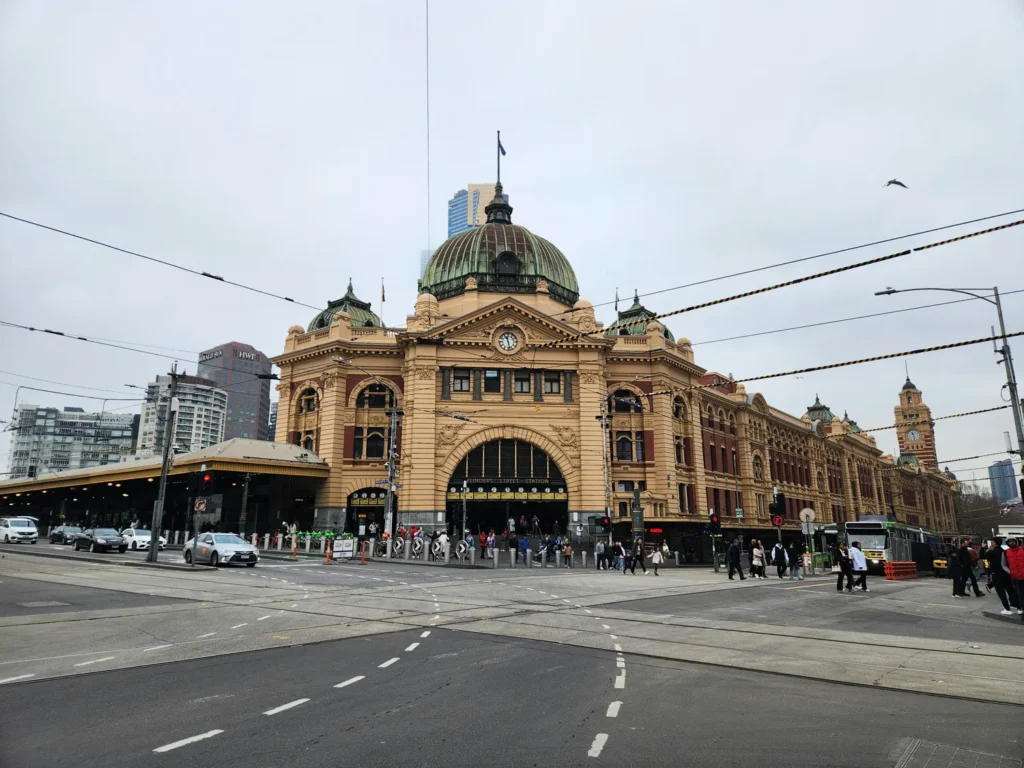
Melbourne hiring market shifts with AI adoption
Melbourne hiring market shifts with AI adoption

Market Overview
AI continues to be a major conversation point across industries, and its presence is growing within hiring processes and organisational strategies alike. Over the past few months, we’ve seen an influx of AI-driven candidate qualification tools entering the market ranging from applicant tracking system (ATS) plugins to virtual interviewing agents and screening chatbots. Some businesses are even going as far as requiring all entry-level candidates to go through AI screening as a standard practice. This is no longer a fringe idea; it’s fast becoming the norm.
On the hiring front, integration specialists remain in high demand, as companies continue to face the challenge of connecting new AI and automation technologies with legacy systems. The cybersecurity space is also active, with strong demand for professionals in SIEM, automation engineering, and cyber analysis.
There has also been renewed interest in business analysts and change managers, a signal that many organisations are preparing for upcoming transformation projects. This tends to precede demand for project managers, which we expect to follow. New roles are starting to emerge too such as AI Compliance Analyst and AI Leads, as companies begin formalising their AI efforts.
From a business readiness standpoint, Australia’s small-to-mid-tier sector is feeling the pressure. According to the Department of Industry, Science and Research, as of December 2024:
- 35% of SMEs have adopted some form of AI
- 23% are unsure how to use it
- 42% have no current plans to adopt it
Many mid-sized businesses face barriers like skills gaps, funding constraints, integration complexity, and cybersecurity risk. CIOs are spending more time educating their teams on the AI tools already in use such as those in security platforms, to build internal confidence and shift the narrative from panic to progress.
Candidate needs
- Flexibility or hybrid working options
- Clear boundaries between work and life and prioritising mental wellbeing
- Stable, long-term, large project/BAU work will often be preferred
- Professional development opportunities
- Permanent or long-term contracts and are willing to negotiate lower rates to secure these positions
Business needs
- Employees and contractors willing to work onsite for a minimum of 3 days per week.
- With the persistent threat of cyberattacks, businesses will invest heavily in robust cybersecurity measures to safeguard their data, systems, and customer information.
- Businesses will invest in AI-powered analytics, automation, personalised customer experiences, and predictive maintenance to gain competitive advantages.
- There will be a growing emphasis on sustainability, leading to investments in eco-friendly IT solutions, renewable energy technologies, and initiatives aimed at reducing the carbon footprint of digital infrastructure.
The Year Ahead
Looking forward, AI will only continue to evolve as both a strategic priority and a workforce driver. We expect to see:
- A growing number of AI-related roles, such as AI Compliance Analysts, AI Leads, and GenAI consultants
- Continued momentum for change and project delivery roles, especially in organisations scaling transformation initiatives
- Increased reliance on AI-driven recruitment tools, particularly for high-volume or entry-level roles
Small and mid-tier businesses will likely stay cautious but curious. Rather than diving into full-scale AI implementations, many will take a staged approach, leveraging AI for targeted use cases such as:
- Marketing automation
- Document processing
- Data entry
- Sales forecasting
- Fraud detection
- Generative AI assistants
Sector-specific trends will also shape adoption:
- Retail and services will expand their use of AI for personalised experiences and marketing.
- Manufacturing will continue applying predictive analytics to optimise production.
- Health and education will leverage AI for operational support and improved outcomes.
In Tier One organisations, the outlook is more aggressive. Many companies are doubling down on AI to improve everything from customer experience to operational efficiency. These organisations are also making bold investments in innovation hubs (e.g., Gen.ai Studio, wiqLABS) and staff training programs focused on responsible AI and ethics.
The biggest risk in 2025? Inaction. Many leaders now see the real threat not as AI adoption itself, but falling behind.